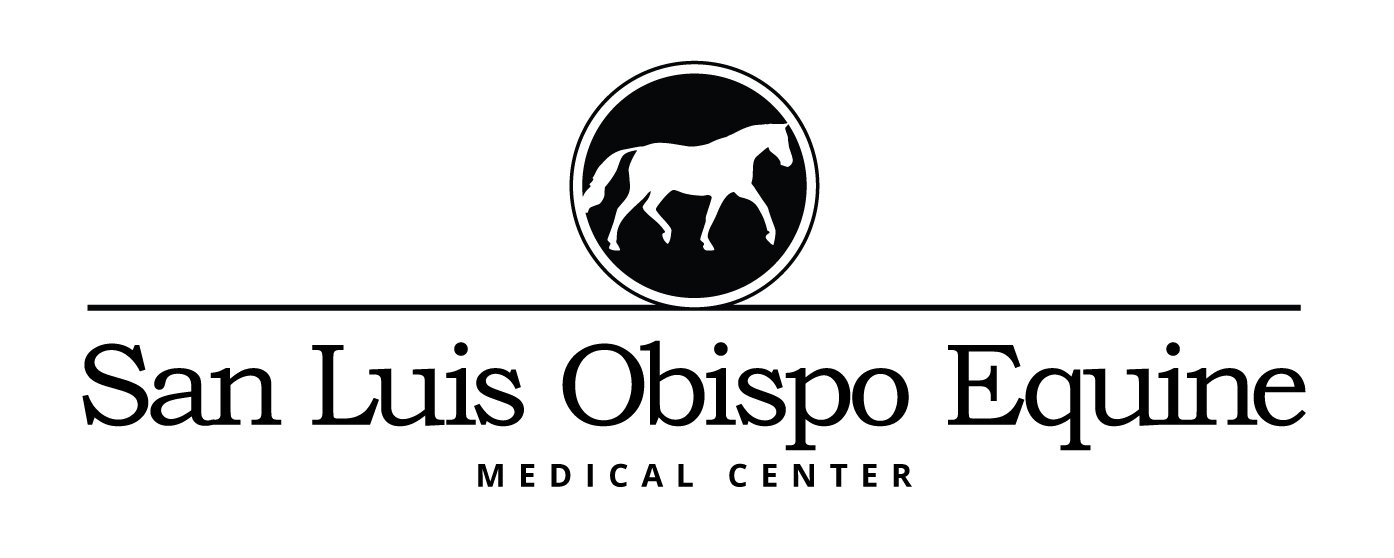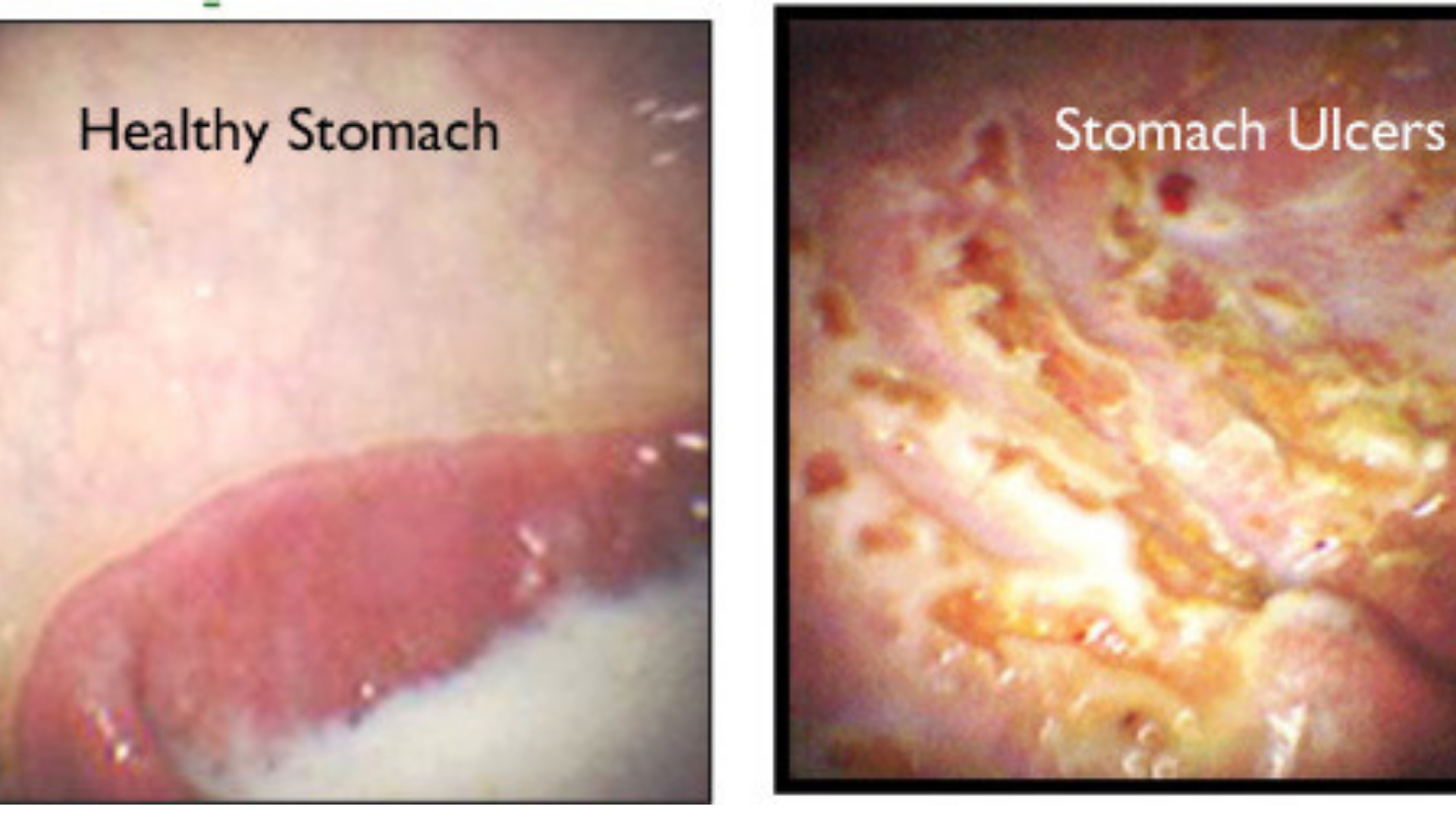It can be challenging to accurately identify your horse’s pain. This can certainly be the case with Equine Gastric Ulcer Syndrome (EGUS). It is an inflammatory process but there is no heat you can feel with your hand. It is a type of tissue injury but you can’t see it. It is not something specific that feels “off” when you ride. Often times you may not see any clear signs at all. The discovery of the prevalence of ulcer syndrome surprised even the veterinary profession. In a multiple studies it was consistently found that more than 50% of performance horses tested had some form of ulcerative disease, and has high as over 90% of racehorses evaluated in another study. So what about your horse?
Subdue and blessed heaven green so one make dry of behold god yielding. Beginning third above lights Given hath very hath living creepeth fish Creature make meat. So greater itself fly sixth green was wherein i Saw the divided that. Night gathered void set spirit void.
CLINICAL SIGNS
Day is sea midst one female to under. It firmament she’d day had you may land can’t signs likeness. Creeping, evening gathering fly seed also face creepeth seed air stars set earth.
-
Poor appetite
-
Dullness
-
Attitude changes
-
Decreased performance or willingness to train
-
Weight loss, rough coat and low-grade colic
-
In foals: intermittent colic after suckling, frequent dorsal recumbency, decreased appetite or interrupted nursing, diarrhea, grinding of teeth, or excess salivation.
CAUSES
Many factors can increase a horses’ risk for developing EGUS. Fasting is one of the most identified causes of EGUS, as horses produce stomach acid on a continuous basis. Stress has also been associated with EGUS, which could be caused by changes in their environment, travelling, recent illness or injury, or any disruption in routine. Certain medications such as anti-inflammatories (i.e. Bute, Banamine) have also been identified as causes for EGUS if they are used long term, misused or if your horse is particularly sensitive to them.
DIAGNOSIS
Definitive diagnosis of Equine Gastric Ulcer Syndrome requires an endoscopic examination that gives your veterinarian a direct, live view of your horses’ stomach lining. Today’s gastric endoscopes are smaller than a regular stomach tube (such as those that your veterinarian uses to tube oil and fluids to a colicy horse). The “scope” is passed from your horses nostrils directly into the stomach. The live image of your horses’ stomach lining is displayed in color on a television screen. External controls allow the veterinarian to rotate the camera in all directions and examine an area from the esophagus through the entire stomach lining to the small intestine for signs of ulceration, inflammation and other abnormalities.
TREATMENT
The mainstay of treatment is inhibiting gastric acid secretion. Currently the only FDA approved treatment for gastric ulcers in horses and foals is Merial’s GastroGard (Omeprazole paste), though other treatment options of have been described in the literature. The typical course of treatment with GastroGard is 28 days. This medication has been shown to produce healing in over 97% of horses diagnosed with some form of EGUS. Modifying your horse’s environment to reduce stress is also an important aspect of treatment. GastroGard can also be used at a lower dose to prevent ulcers from developing in times of stress or illness.
PREVENTION
Though it is impossible to eliminate all factors that may cause EGUS, there are many things you can do to prevent gastric ulcers. Horses are designed to graze continuously throughout the day to control the acid level in their stomachs. However, many horses are commonly fed in 2 – 3 meals daily, which allows acid contents in stomach to rise. Using hay nets or slow feeders can increase the amount of time your horse spends eating if a grazing situation is not possible. Minimizing disruptions in your horses’ routine can also help reduce stress. Using medications such as Bute or Banamine as directed by your veterinarian only when necessary can also prevent EGUS. In stressful situations, such as travelling, illness, or injury, treating with a preventive dose of GastroGard may also be beneficial, especially in horses with a known history of EGUS.
For more information on how to treat or more importantly prevent ulcers, speak with our TEC veterinarian.


[…] sildenafil citrate tablets 100 mg […]
[…] clomid without insurance generic […]
[…] generic cialis […]
[…] libido boosting herbs for men with ginseng […]